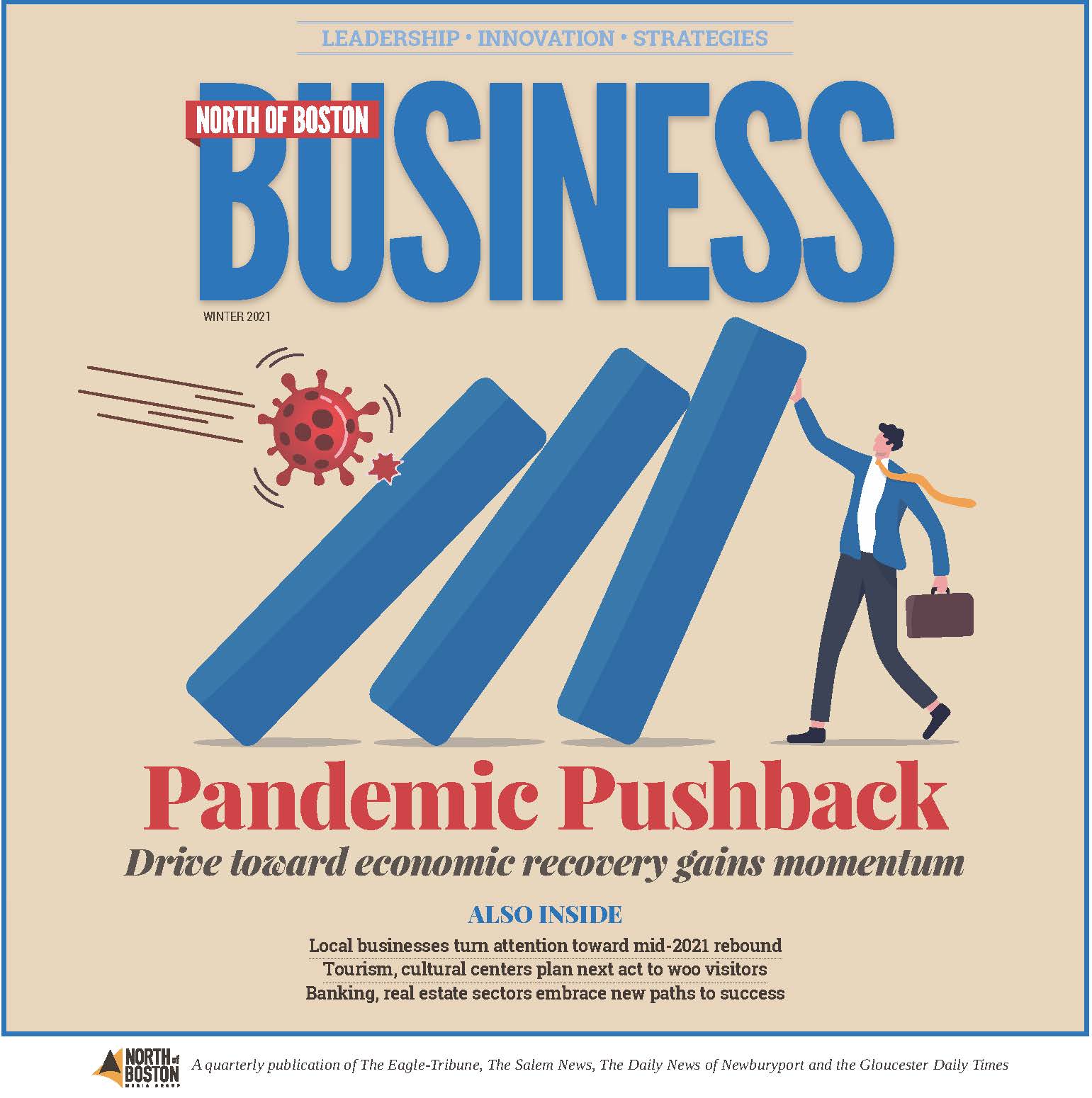ORIGINALLY PUBLISHED BY NORTH OF BOSTON MEDIA GROUP
By Beth Francis
Strolling down Massachusetts’ Main Streets now looks very different than it did a year ago.
Foot traffic is down. Online shopping and curbside pickup have largely replaced local, in-person experiences. And all across the state, small businesses that once breathed life and vitality into our communities — some of them for decades — are shuttering their storefronts for good.
Because of COVID-19, the state of many small businesses hangs by a thread. A recent statewide survey conducted by The MassINC Polling Group revealed the depth of the challenges small businesses are facing and hints at the trouble that lies ahead — particularly for Massachusetts’ smallest businesses.
Nearly 1,900 small businesses participated in the poll, which showed that just one in three were fully open. Forty-six percent said they had laid off or furloughed employees, including 77% of restaurants. And 64% of small businesses reported drops in gross revenue of at least 25% for the first half of 2020. Fifty-five percent of the smallest businesses — those reporting under $100,000 in revenue for 2019 — saw declines greater than 50% for the first part of last year.
“One of the reasons we keep coming back to size … is that it also is very closely related to inequities,” says Steve Koczela, president of MassINC polling group. “If you’re talking about the impacts on the smallest businesses, those are disproportionately likely to hit women-owned businesses and businesses owned by people of color.”
The poll — spearheaded by Amplify Latinx and the Lawrence Partnership — was sponsored by more than a dozen organizations, including Essex County Community Foundation, and distributed by a broad statewide coalition of business and community groups.
“These findings will help inform the way that government, service providers and philanthropy respond to the needs of our most vulnerable businesses,” Betty Francisco of Amplify Latinx says.
“It’s really great data that will inform our view both of future programs, how we prioritize and run the programs we have now and how we think about different ways to support our companies,” Massachusetts Secretary of Housing and Economic Development Mike Kennealy says.
This same coalition is also collaborating on a plan to prevent small businesses from disappearing from our Main Streets, where restaurants, beauty and retail establishments — three of the sectors hardest hit by COVID — occupy many of the storefronts.
The coalition has been collaborating on:
- Developing and delivering a series of small business workshops and webinars.
- Facilitating access to capital, specifically grants and low-interest loans.
- Connecting small businesses with high-demand service providers.
- Ecosystem mapping to help facilitate referrals and continued coalition building.
The survey also revealed that the businesses most in need of financial support were the least likely to have been boosted by the first round of the federal Payroll Protection Program.
“The smaller the business, the less likely they were to apply,” says Stratton Lloyd, ECCF’s executive vice president and chief operating officer. “Of those small businesses that did apply, fewer of them were approved when compared to their larger counterparts. Our small business community needs help.”
That help is coming in the form of a second round of PPP made available starting mid-January – $284 billion in potentially forgivable business loans – which will specifically target those small and micro businesses.
To help small businesses access these loans, the statewide coalition developed the Massachusetts Equitable PPP Access Initiative, which can be found at lisc.org/boston/covid-19.
Systems work like this is already happening at the regional level. In Essex County, the small business coalition that formed after the 2018 Merrimack Valley gas explosions has expanded its work to support businesses during the pandemic. Technical assistance, aiding in the procurement of PPP loans and helping to secure access to personal protective equipment have been paramount to the survival of small businesses in our region.
“Doing this at the state level — where we leverage local and regional resources for the broader business community — could have a major impact on the renewal of the post-COVID economy across the Commonwealth,” Lloyd says.
Working together to embrace a diverse set of voices and seek out data that uncovers hidden inequities ensures that a plan to rebuild is fair and equitable for all.
“Our collective work in recent months clearly indicates that there is energy, momentum and capacity to do this work,” says Derek Mitchell, executive director of the Lawrence Partnership. “And certainly, our small businesses need it now more than ever.”



